Malnutrition and UC: What to Know

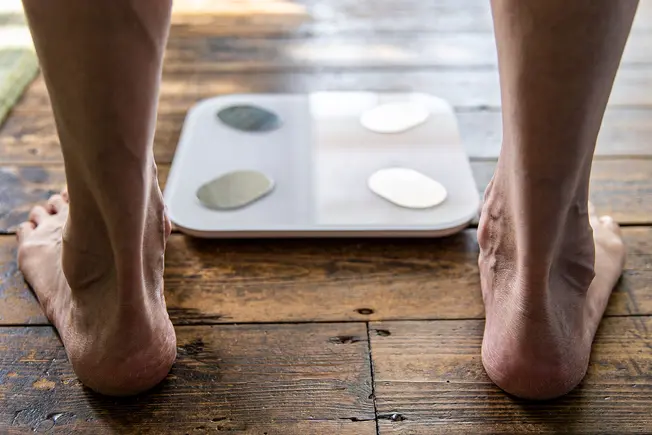
Risk of Malnutrition in UC
Malnutrition happens when your body doesn’t get all the vitamins, minerals, and other nutrients it needs to function well. Some estimates say that as many as 3 in 5 people with ulcerative colitis (UC) don’t get all the nutrients they need. This can happen for several reasons.
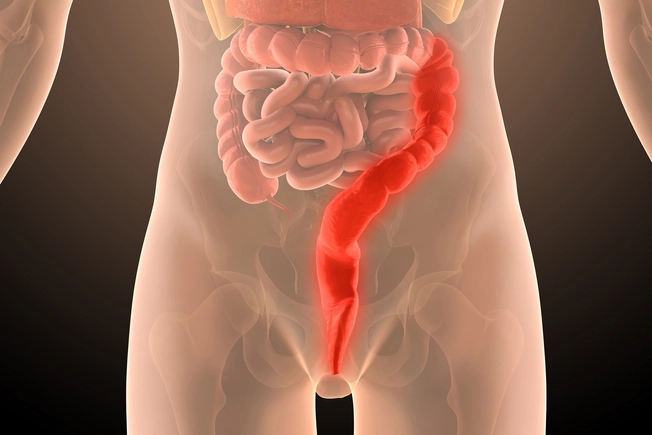
Cause: Inflammation
UC causes inflammation in the lining of your large intestine and rectum. The damage this creates prevents your body from taking in water and electrolytes and can lead to severe dehydration. Inflammation also burns up calories, taking them away from other body functions that need them, and leads to ulcers, which sap nutrients from your body.
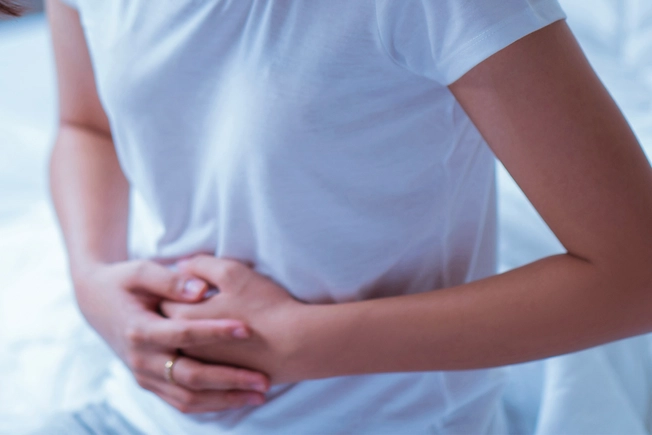
Cause: Diarrhea
You lose a lot of water when you have diarrhea. Frequent bouts can rob your body of necessary fluids, nutrients, and electrolytes. It can cause unintentional weight loss, too.
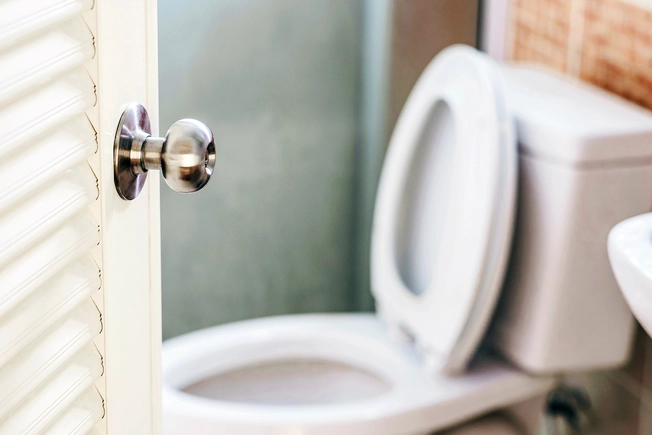
Cause: Eating Too Little
Frequent trips to the bathroom might prompt you to eat less so you won’t have to go as much. Meanwhile, some other common UC symptoms such as vomiting, nausea, and abdominal pain, can kill your appetite.
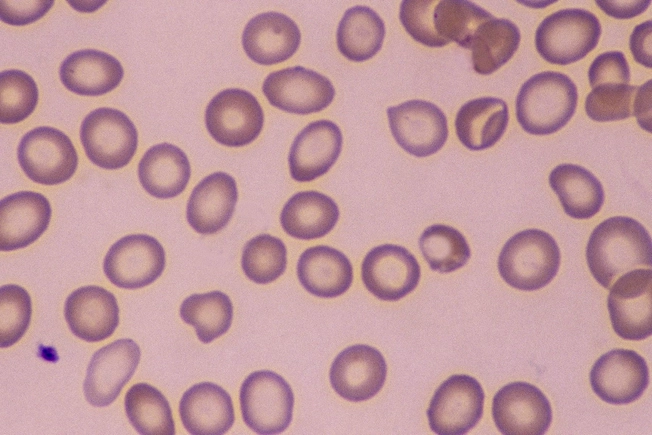
Cause: Bleeding
Though you might take in enough iron through your diet, you can lose that iron through rectal bleeding, which leads to anemia.
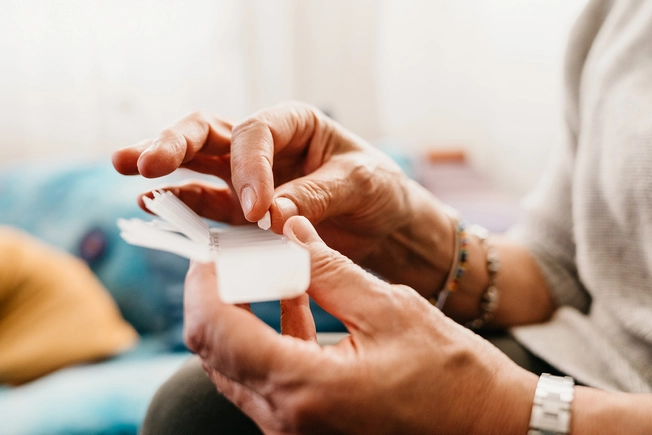
Cause: Your Medications
Three common UC medications can interfere with nutrition. Corticosteroids may weaken your bones and make you lose muscle mass. Sulfasalazine and methotrexate can make it harder for your body to absorb folic acid, which is a nutrient that supports cell growth.

Consequences of Malnutrition
Poor nutrition can leave you feeling tired, depleted, and generally low on energy. It can weaken bones and muscles, which increases your risk of breaks and creates an overall loss of strength. You may also take longer to recover from illness when you lack proper nutrients.
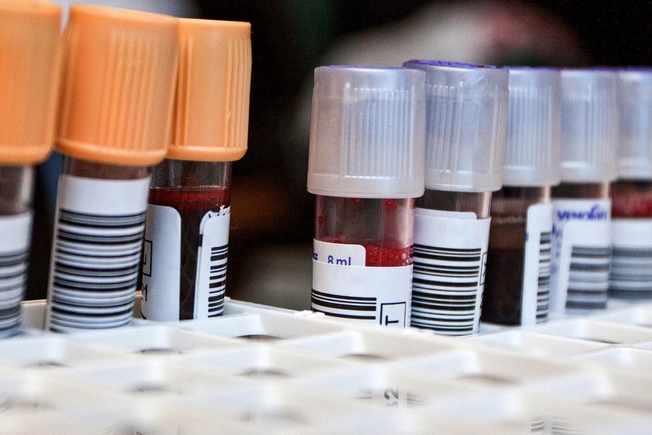
Prevention: Regular Checkups
Even if you don’t feel like you need it, get any recommended checks for vitamin and mineral deficiencies. You might need blood tests for this. If you’re low on anything, your health care provider will tell you how to make it up with supplements or dietary changes.

Prevention: Avoid Trigger Foods
Some UC symptoms squelch your appetite. Others may push you to skip meals. Keep those symptoms at bay by avoiding foods that trigger them. But be careful. A diet that’s too restrictive may not give you all the nutrients your body requires.

Prevention: Work With a Pro
A dietitian can help you create a meal plan that meets your nutritional needs without upsetting your gut. If you don’t have a dietitian, ask your IBD specialist for a referral.